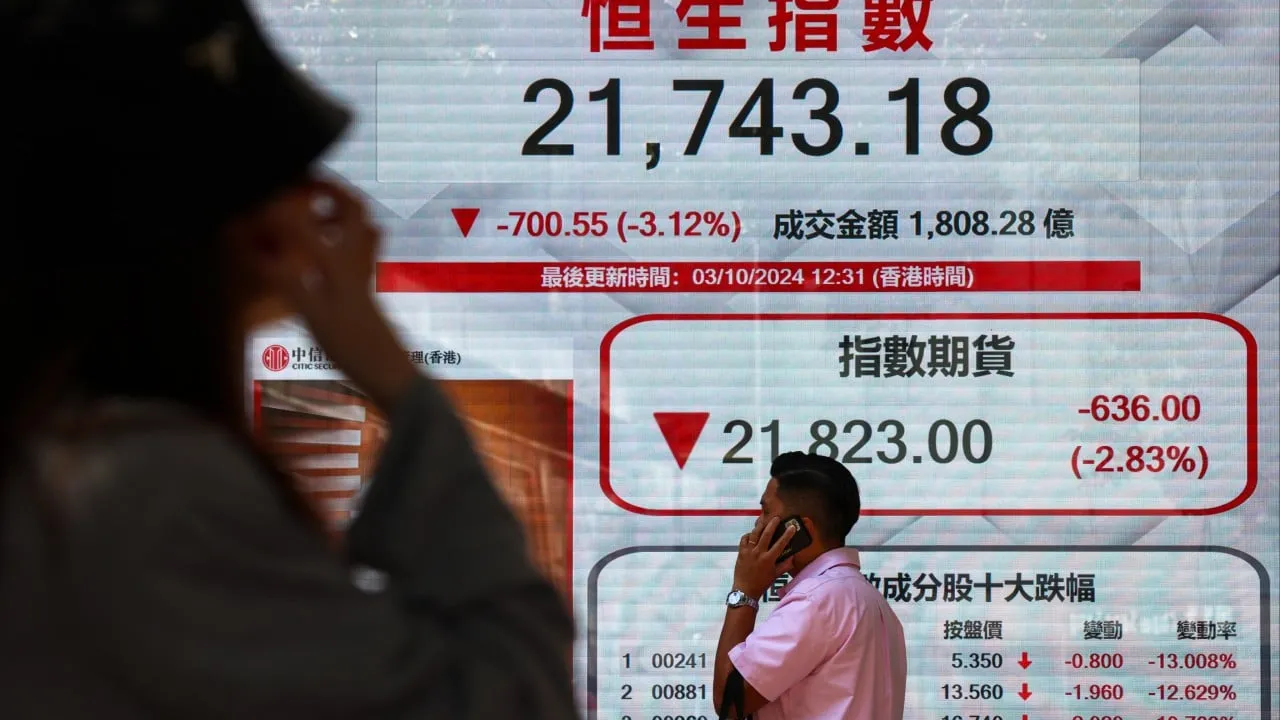Beijing's Stimulus and the Risks of a Stock Market Crash: Insights from Nomura's Economist

Beijing’s Stimulus and Stock Market Rally
Having experienced a rare, week-long stock rally after Beijing fired its policy bazooka to boost the economy, a more sober assessment is required as the possibility of a stock crash looms large. “Given the current market momentum and our tracking of sentiment on China’s social media, the risk of repeating the epic boom and bust of 2015 could rise rapidly in coming weeks,” said Lu Ting, chief China economist at the Japanese investment bank Nomura, on Thursday.
Stimulus Measures Announced
China’s central bank recently announced a raft of economic stimulus measures, including cutting the bank's reserve requirement ratio and policy interest rate, reducing the mortgage rate for existing housing, as well as introducing policy tools funded with 800 billion yuan (US$113.7 billion) to support the stock markets. These moves lifted both the onshore and offshore markets over the coming days; however, the Hong Kong stock market slipped on Thursday.
Fiscal Measures and Market Caution
The eventual scale and content of the fiscal package might be quite improvised and uncertain due to the brewing stock bubble. Lu stated, “While the stock market valuations and leveraging are still far from slipping into a crisis, China’s economy remains in an emergency mode, mainly due to the ongoing property slump.”
- Beijing is expected to roll out fiscal measures and supportive policies.
- Financial markets need careful monitoring to prevent a crash.
- Potential money printing may exacerbate market challenges.
Lu emphasized that under the worst scenario, a stock market mania would be followed by a crash, similar to 2015. He cautioned that Beijing might resort to money printing to contain such a decline, risking a liquidity crisis and capital flight that could depreciate the yuan.
Key Takeaways
In a favorable scenario, Chinese officials could manage the brewing bubbles and enact timely measures to stabilize the frenzied stock markets, whilst also tackling significant challenges like cleaning up the property sector.
This article was prepared using information from open sources in accordance with the principles of Ethical Policy. The editorial team is not responsible for absolute accuracy, as it relies on data from the sources referenced.